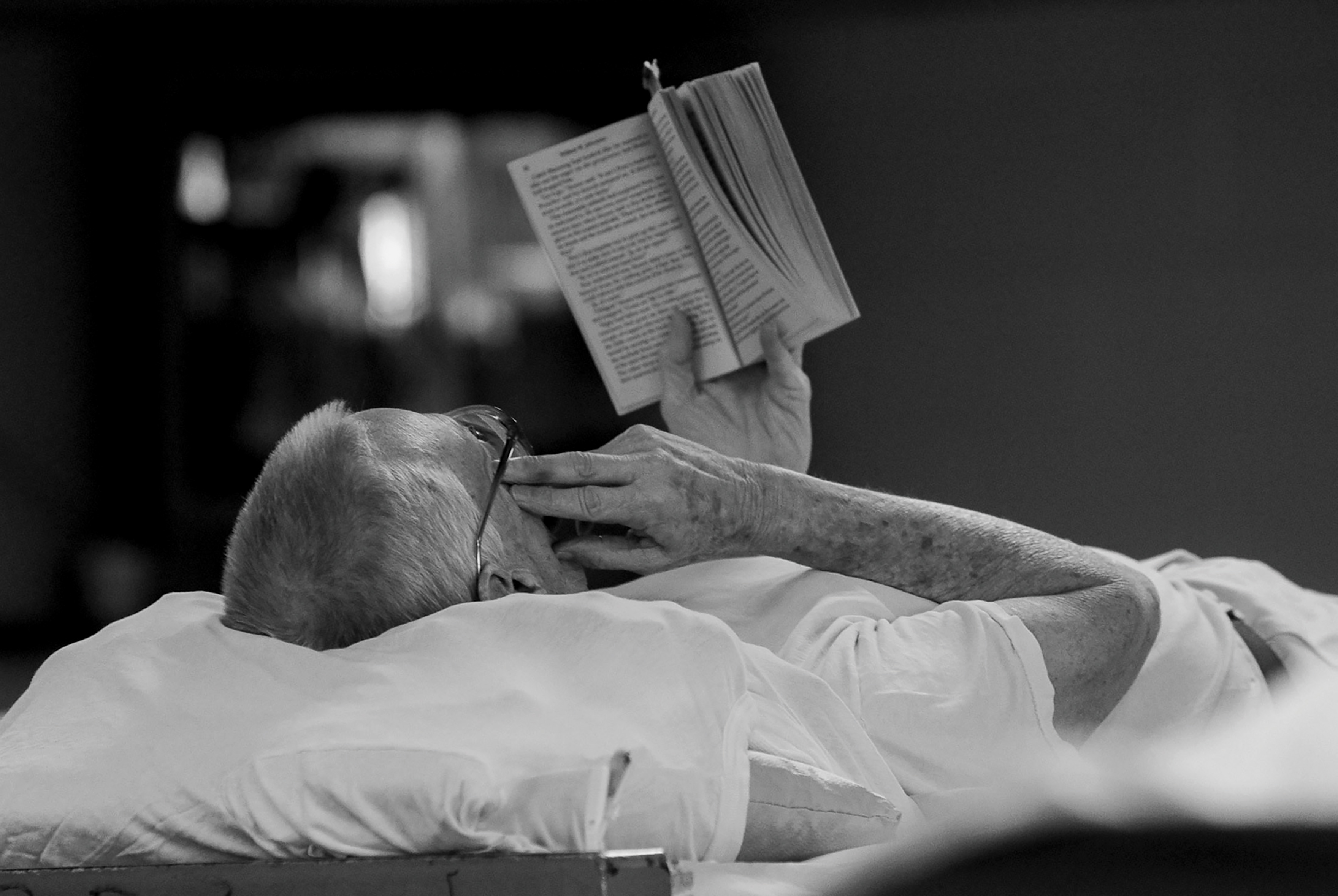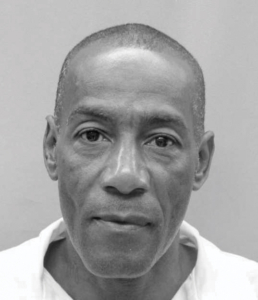The honor dorms of Alabama prisons have become another Death Row, filled with older men who have long turned away from violence, drugs, and crime. The Department of Corrections houses them in honor dorms because they are role models, men who have earned the trust of chaplains, wardens, counselors. To flip through their stacks of diplomas and certificates is a history lesson in the rehabilitative and educational opportunities offered in the prisons over the last 40 years. Drug treatment, anger management, barbering, Bible studies – to name a few.
Because of the Habitual Felony Offender Act, they will die in prison anyway.
 This report shares their stories. None of the men profiled here have convictions for crimes involving homicide or sexual offenses. For the majority, their most serious offense was first-degree robbery involving no physical injury. Often, their convictions stemmed from untreated alcohol and drug use, from growing up in dangerous homes in dangerous neighborhoods. By age 21, or 25, maybe early 30s, the system passed final judgment, determining they were irredeemable.
This report shares their stories. None of the men profiled here have convictions for crimes involving homicide or sexual offenses. For the majority, their most serious offense was first-degree robbery involving no physical injury. Often, their convictions stemmed from untreated alcohol and drug use, from growing up in dangerous homes in dangerous neighborhoods. By age 21, or 25, maybe early 30s, the system passed final judgment, determining they were irredeemable.
Life imprisonment without parole assumes rehabilitation is impossible, but these lives have shown that to be a lie. The human capacity for growth and change – when people have purpose – is irrepressible. That people with no hope for release have transformed while confined in prisons known for violence and despair is additional evidence that the system was wrong. And still is.
Among those serving life without parole whose most serious offense was robbery, the racial disparity is striking: 75% are Black.
There is a way to fix this.
Alabama should provide a mechanism for judges to review the sentences of people serving life without parole under the Habitual Felony Offender Act. Judges should have the discretion to “look back” and resentence older individuals with a demonstrated record of rehabilitation. Making the legislatively approved Sentencing Guidelines retroactive and ending Life Without Parole sentences for crimes involving no serious physical injury would also go far.
The Habitual Felony Offender Act does not make us safer. It fills prisons with senior citizens reading their Bibles, writing poems, mopping floors, avoiding others’ knives, and seeking one more class, one more program, one more chance to finally prove they are more than who they were 30 years ago.
Photo by Bernard Troncale
 JOHN MANLEY | AGE 60, has served 36 years for burglary.
JOHN MANLEY | AGE 60, has served 36 years for burglary.  MYRON MONROE| AGE 62, has served 32 years for $50 robbery while armed with a knife.
MYRON MONROE| AGE 62, has served 32 years for $50 robbery while armed with a knife.